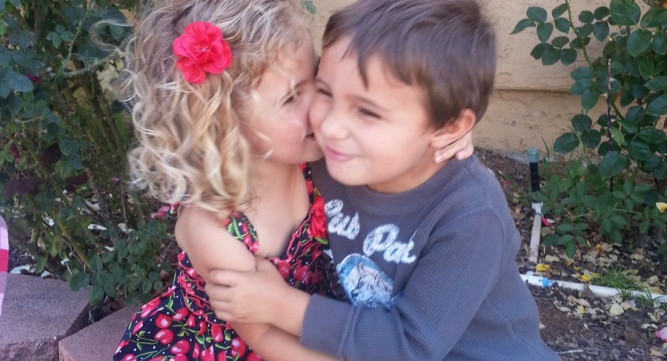

Your child is gifted, quirky, filled with curiosity, and quite different from the kids most folks encounter.
How do you explain your child's giftedness or neurodivergence to others? How can you enlist understanding from teachers, school administrators, and other parents in your community?
You have likely encountered what I have seen as well – the side-eye glances, the puzzled expressions, the reprimands to be less... just less. You may have experienced heartbreak when your child was rejected once again or became disillusioned with learning when school seemed so boring and rote. You may have bristled when school administrators offerred platitudes about gifted programming (a pull-out program for one hour a week!) and casually eradicated any semblence of meaningful learning so that "the other kids don't feel bad" when your child receives some additional challenging instruction.
Here are some possible steps toward supporting and protecting your child from the misguided attitudes you both encounter.
1. First, get grounded in what you know to be true.Consume information. Collect data. Revise. Repeat.
Read everything you can find about giftedness, twice-exceptionalities, and gifted education. But choose reliable sources. Google Scholar is a good place to start. Other sources also have archives of information, such as Hoagie's Gifted Education or the Davidson Institute. Consider joining some social media sites for parents of the gifted or twice-exceptional, but keep in mind that opinions are subjective and you may not always find accurate, unbiased information. Ask professionals familiar with giftedness for advice (such as your pediatrician, a trusted teacher, or the psychologist who tested your child).
But most of all, gain clarity about your child, who they are, and what they need. Generalizations about giftedness, neurodiversity, and learning approaches may not apply. Understanding and attunement to your unique child is essential.
2. Assume ignorance rather than malice.Yes, some adults behave badly and target your child for being different. Most people (even some gifted folks) don't understand giftedness or hold a bias against it, conflating giftedness with achievement or dedicated practice or privilege.
In reality, these biases and misconceptions contribute to a profound deficit in gifted educational resources. Many gifted students are overlooked. This is especially true for persons of color, English Language Learners, or those living in poverty. Those children whose astute and well-meaning teachers recognize their gifted abilities still may not receive the education they desperately need. Most teachers are swamped with competing demands and may assume (fingers crossed) that the gifted child "will do just fine" without their input – especially when they are juggling a classroom full of typically developing, special needs, or behaviorally challenged students. They kick the can down the road and hope your child will find their way.
3. Consider strategies for tactfully and clearly explaining your child's behaviors, quirks, and intellectual needs.Your child grasps some information quickly, but unfortunately, can be impatient. Your child shows signs of asynchronous development, where their maturity lags behind their abilities. Your child has occasional meltdowns when faced with certain situations; they are still learning how to regulate and manage their emotions but have not yet achieved this skill. Your child has some strengths, but also a twice-exceptional condition, such as a learning disability or ADHD, that requires some unique accomodations.
You have learned to understand these contradictions, but others may be puzzled or dismissive. Explain your observations about your child in a matter-of-fact manner that acknolwedges their confusion but clarifies what your child needs.
4. Tactfully challenge misconceptions.No, giftedness is not an elitist concept and does not imply that your child is better than another. Yes, gifted education is a right and not a privilege – all children deserve to learn at a level consistent with their intellectual needs. No, despite your child's advanced math skills, they may not necessarily excel in art or any other subject. No, gifted children are not necessarily high achievers. Yes, your child can behave immaturely; gifted cognitive abilities do not necessarily instill great social skills. No, even though your child gets good grades, it does not mean they are working hard or learning something new or challenging.
* * *As I have suggested previously (see here for a list of articles), you are challenged to advocate and assume the role of "ambassador for giftedness" wherever you go. It falls on you to educate others in a kind, straightforward, yet persistent manner, dispel myths and misconceptions, and encourage them to understand that giftedness is a "difference" that must to recognized and addressed. You didn't bargain for this role; yet, here you are, advocating for your child and thousands of other children who remain misunderstood.
Wishing you strength and clarity as you advocate for your child!
** For insights about parenting gifted children, please see my book, The Gifted Parenting Journey. Available through the publisher and the usual bookseller sites, this book addresses a previously neglected topic in the literature: the needs and emotional life of parents of gifted children.
The photo above is courtesy of Unsplash/Linkedin Sales Solutions




